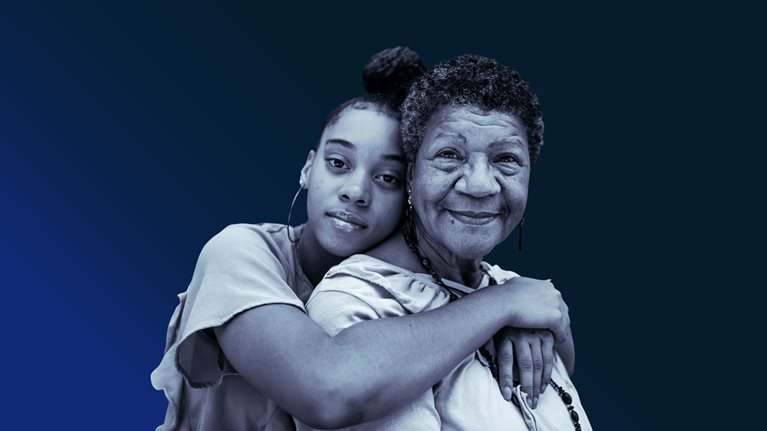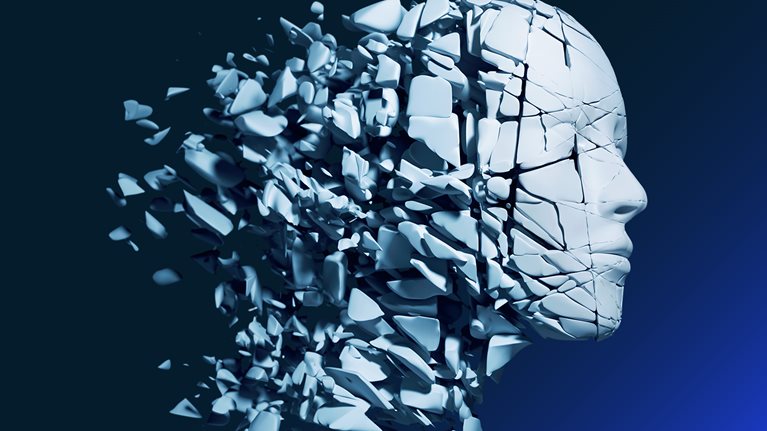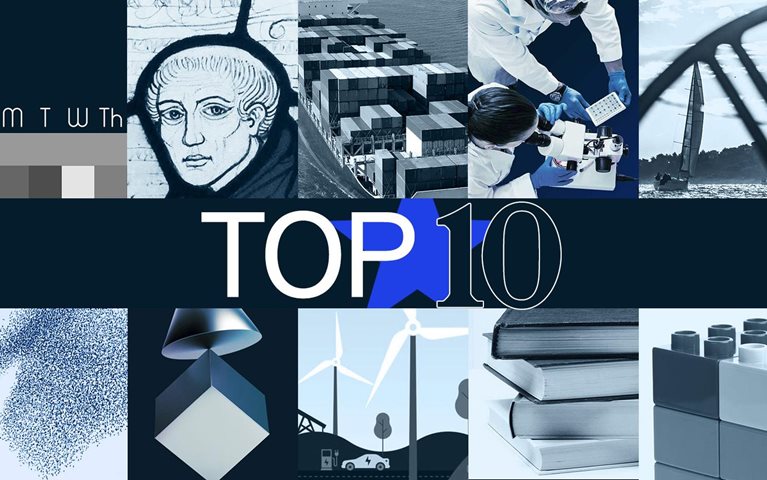Over the past several weeks, we’ve been helping leaders of all kinds get the facts on COVID-19 through more than 100 new articles that offer historical points of view, outlooks for the future, and deep dives into the economic and business implications of the pandemic.
In this post, we highlight four articles that focus on the societal side of the coronavirus equation—and offer ways forward on each issue.
COVID-19: Investing in black lives and livelihoods

Black Americans will suffer more from COVID-19 than any other demographic group when it comes to health outcomes, job losses, and economic suffering. This is due to long-established disparities—in education, in job opportunities—embedded in the communities where they live. While this article outlines the health risks for black people in America in stark tones, it also issues a call to use this crisis as an opportunity to increase the resilience of black communities and institutions, by a variety of both tried-and-true and innovative approaches. These include using analytics to help erase racial bias in testing and treatment, making an investment in telehealth solutions, and expanding broadband communications in black communities to increase access to education.
Returning to resilience: The influence of COVID-19 on behavioral health

While much of COVID-19 coverage reports on hard metrics—daily death rates, number of hospital beds, rate of unemployment—it’s critical that we also focus on our collective resilience. Almost half of Americans—45 percent—say that the coronavirus has negatively affected their mental health. This article outlines the behavioral-health crises sparked by COVID-19, including addiction, depression, and substance-use disorders, and the staggering economic and social costs associated with them. It then offers pragmatic ways to heal our spiritual psyche, such as community outreach; programs to support basic food, housing, and healthcare needs during a crisis; and innovations such as telemedicine and analytics to reach more at-risk citizens.
Coronavirus: How should US higher education plan for an uncertain future?

COVID-19 is defining an entire generation of young adults. Waves of college students were sent home from all corners of the world in a matter of days. Many will miss out on a life milestone: graduation. Others are putting academic careers that require hands-on training, such as medicine and performance arts, on indefinite hold. All are facing what can only be described as a dismal employment outlook. This report outlines three scenarios higher-education institutions may be facing as the pandemic unfolds, and presents concrete steps they can take now to keep students and faculty safe—and keep learning alive.
Addressing climate change in a post pandemic world

In a world fighting pandemic, is climate change still something we should pay attention to? This article argues that we simply cannot afford to do otherwise. What may help the cause going forward, the authors write, is that behavioral changes ushered in by this moment, like the rise of teleworking and virtual events, may stick in ways that mitigate the effects of climate change. Elsewhere, supply chains could be repatriated, reducing certain types of emissions that reside across businesses entire value chains. And finally, public appreciation for scientific expertise could rise, along with a greater appetite for the role of governments in tackling systemic risks.
